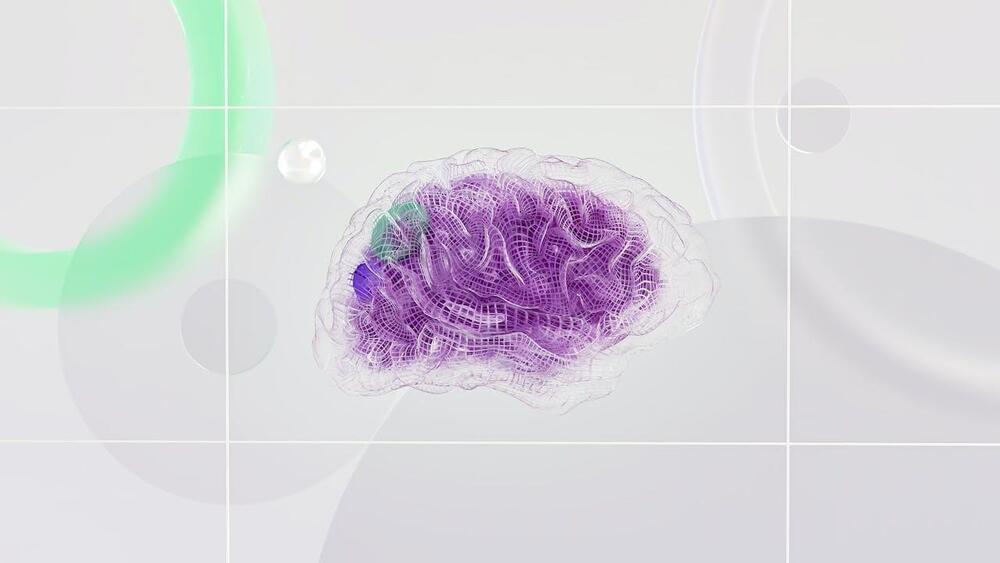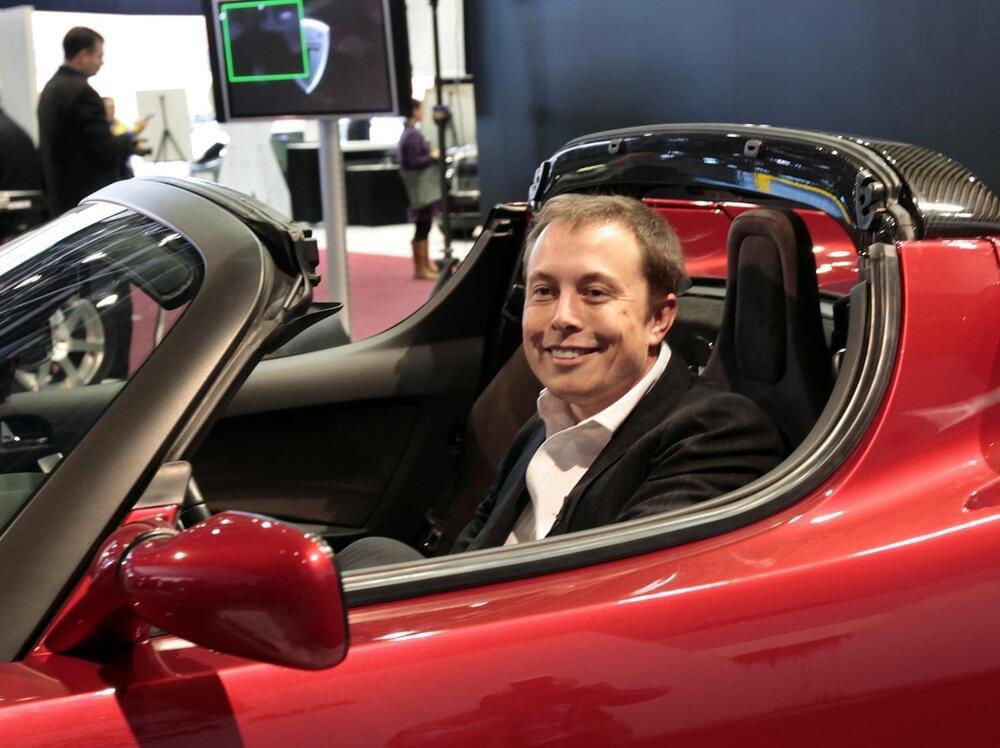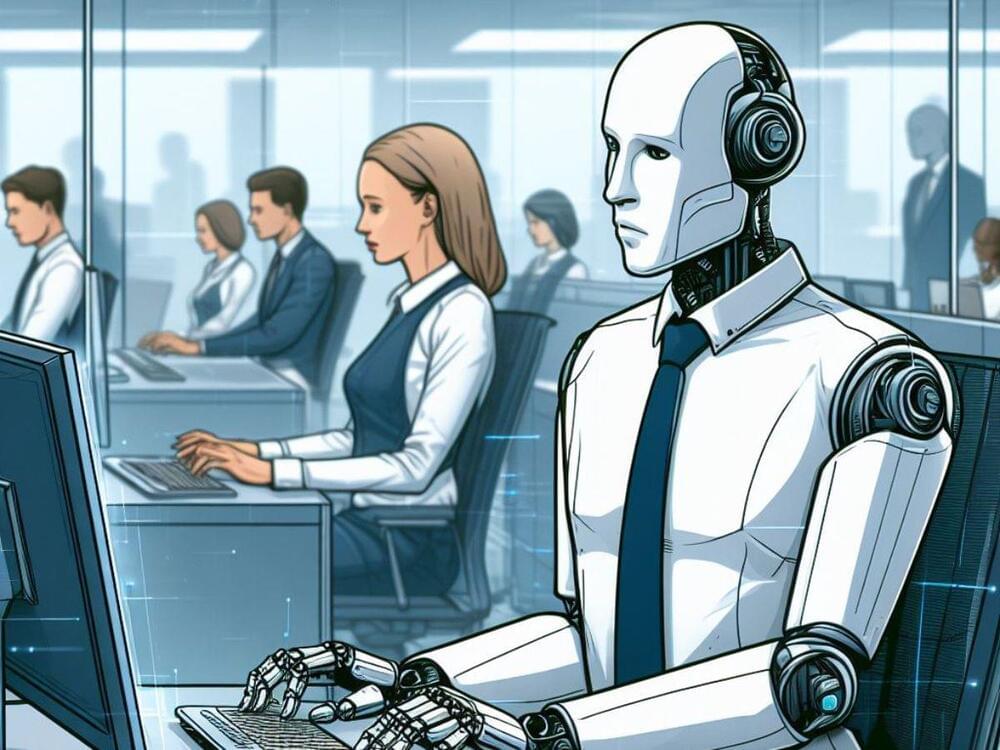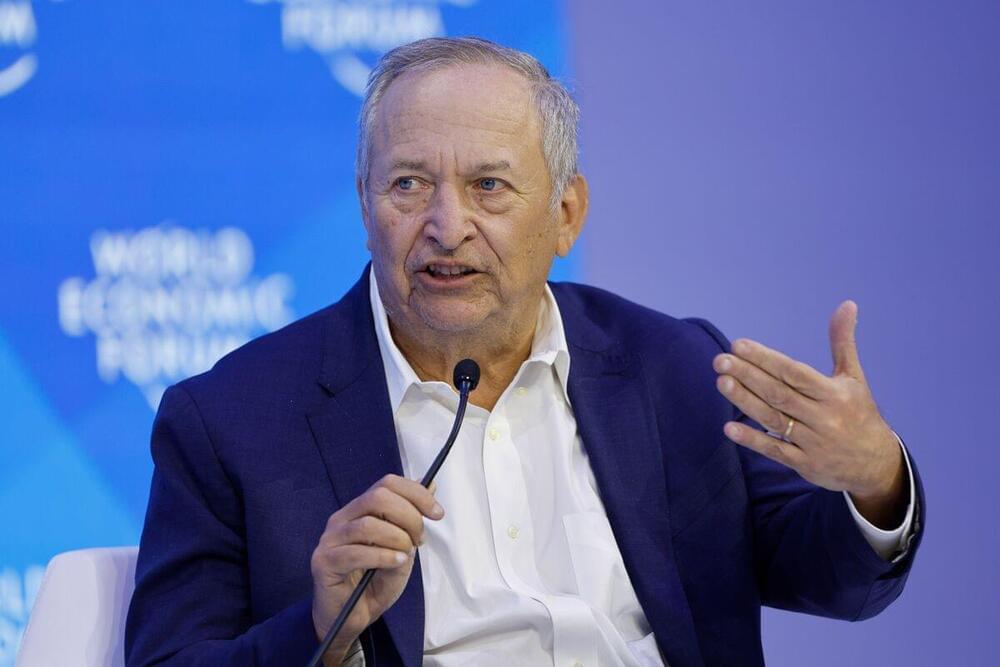Following the completion of The Spiral in New York, we take a look at seven of the latest skyscrapers designed by its architect, Danish studio BIG, along with a “landscaper”
From CapitaSpring in Singapore to O-Tower in China, a mix of recently completed projects and others still under construction make up the list of towers by the studio, which was founded in 2005 by Danish architect Bjarke Ingels.
Common threads throughout the projects are the incorporation of greenery to bring occupants closer to nature and unusual forms that challenge traditional boxy skyscrapers that dominate many city skylines.








